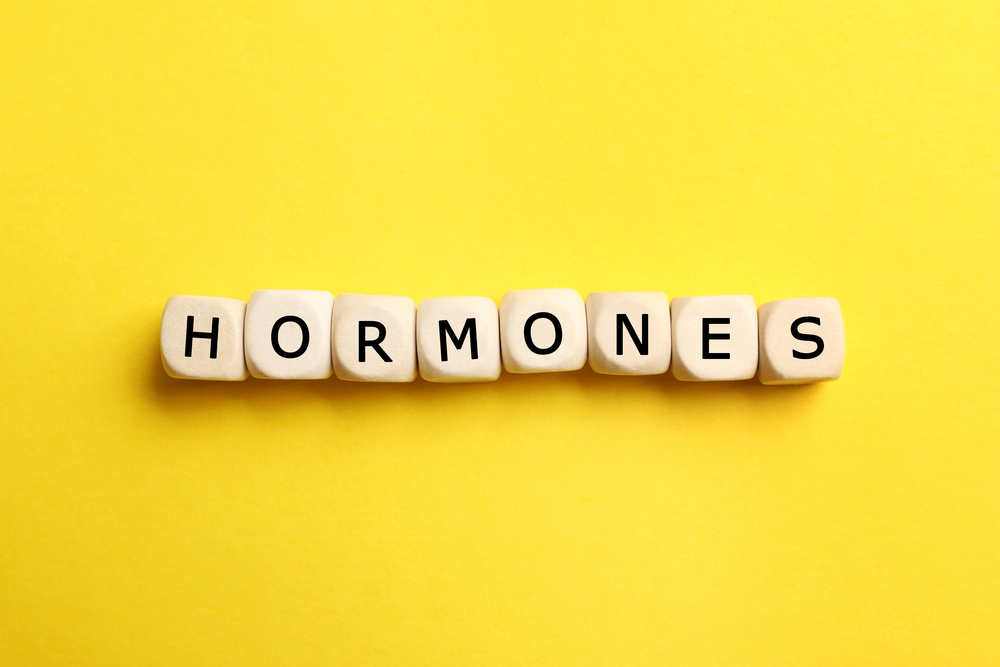Hormones play an important role in the functioning of the human body and are crucial for optimal health and wellbeing. Hormones are essentially chemical messengers, produced by various glands and tissues and are released into the bloodstream. They regulate a wide range of physiological processes such as metabolism, fertility, immunity, blood pressure, blood sugar, mood and much more.
In this article, my aim is to help you understand the role of hormone balancing for optimal fertility.
What Hormones are Important for Fertility?
Hormone balancing plays a significant role in fertility. Hormonal levels are crucial for a woman’s menstrual cycle, ovulation and overall reproductive health. If you’re seeking hormone balancing for fertility, here are some key hormones to focus on and strategies to consider:
1. Progesterone and Oestrogen
Progesterone and Oestrogen are key hormones involved in regulating the menstrual cycle and preparing the uterus for implantation. An imbalance between these hormones can lead to irregular cycles and difficulty conceiving.
2. Luteinizing Hormone (LH) and Follicle-Stimulating Hormone (FSH)
LH and FSH play crucial roles in triggering ovulation and promoting the development of mature eggs within the ovaries. The right amount and Balance of these hormones can enhance fertility.
3. Thyroid Hormones
Thyroid imbalances, such as hypothyroidism or hyperthyroidism, can affect menstrual cycles, ovulation, and fertility. Thyroid hormones also help control metabolism and energy production.
4. Insulin and Blood Sugar Regulation
Insulin helps regulate your blood sugar levels. When there is a blood sugar imbalance it can have a negative impact on fertility, especially in women with conditions like polycystic ovarian syndrome (PCOS).
If you are embarking on your fertility journey or have been trying to conceive for a while, I encourage you to download Your Complete Guide to Fertility. This is a free eGuide I have created to provide you with practical tips to enhance your fertility.
Strategies to Balance Hormones for Fertility
Hormone imbalances can occur due to various factors including stress, poor nutrition, lack of exercise and movement, medical conditions, medications and ageing. Focussing on lifestyle changes, dietary modifications and managing stress levels can have a big impact on hormones.
Here are six strategies to promote hormone balancing for fertility:
1. Healthy Diet
Eat a balanced diet rich in whole foods, including plenty of vegetables, fruits, lean proteins, healthy fats, and whole grains. Limit processed foods, refined sugars, and excessive alcohol & caffeine. Consuming a balanced diet rich in whole foods will support hormone production and balance. I am hosting a free Food for Fertility Webinar on Wednesday, 4 October 2023, where you will learn more about specific foods to boost fertility, register here. You can also read my Foods for Fertility article which outlines foods that support female and male reproductive health.
2. Regular Exercise
Engage in regular physical activity to help manage stress and support hormone regulation. Both cardiovascular exercise and strength training can be beneficial. Excess body weight or very low body weight can have a negative effect on hormone levels. Physical activity also improves insulin sensitivity and supports sugar balance and hormone balance.
3. Stress Management
Practice stress-reduction techniques such as meditation, deep breathing, yoga, or mindfulness to lower cortisol levels. Chronic stress can disrupt your hormone balance. Practicing stress management techniques can be helpful. There are some free apps you can use to manage stress such as Calm, Headspace and 1 Giant Mind.
4. Adequate Sleep
Prioritise getting quality sleep to support hormone production and regulation, particularly melatonin.
5. Limit Toxin Exposure
Minimise exposure to environmental toxins, such as pesticides and endocrine-disrupting chemicals found in some plastics and personal care products.
6. Maintain a Healthy Weight
Achieving and maintaining a healthy weight can positively impact hormone balance, especially for insulin and sex hormones. Engaging in regular physical activity supports hormone regulation.
When to Seek Help
When there is a hormone imbalance, it can lead to a range of health issues and symptoms for both women and men. It’s important to seek help to identify what is causing the issue, and to treat with a holistic approach that is tailored to you and address your unique circumstances.
There are many wonderful hormone balancing strategies and herbs that are both effective, and free from harmful side effects.
If you suspect you may have a hormone imbalance or are struggling to get pregnant, I encourage you to seek professional support. I can recommend relevant testing, and provide personalised advice and treatment tailored to your specific needs. To book an appointment with me, either in person at Brunswick Health or via telehealth, click here.
As a naturopath, holistic practitioner and midwife, my area of passion and expertise is to provide advice and treatment to support fertility, conception and pregnancy through natural therapies. Naturopathy also complements and enhances successful outcomes for couples undergoing IVF treatments. Read more about natural therapies in my article, Can a Naturopath Boost Your Fertility

